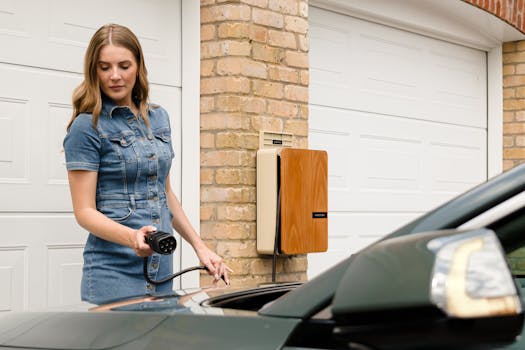
European Living: Lifestyle Trends to Expect in 2025
European living is known for its rich history, cultural diversity, and high standard of living. As we approach 2025, it’s exciting to think about the lifestyle trends that will shape the lives of Europeans. European living is expected to undergo significant changes, driven by technological advancements, sustainability, and shifting societal values. In this article, we’ll delve into the top lifestyle trends to expect in 2025, giving you a glimpse into the future of European living.
Sustainable Living
Sustainability will continue to be a major focus in European living, with a growing emphasis on eco-friendly practices, renewable energy, and reducing carbon footprint. Lifestyle trends such as zero-waste living, minimalism, and plant-based diets will become increasingly popular. Europeans will prioritize environmentally responsible consumerism, driving demand for sustainable products and services. Governments will also play a crucial role in promoting sustainability through policies and initiatives, such as investing in green infrastructure and promoting electric transportation.
Technological Advancements
Technological advancements will continue to transform European living, with the rise of smart homes, artificial intelligence, and the Internet of Things (IoT). 2025 will see increased adoption of voice-controlled assistants, smart home devices, and wearable technology. Europeans will enjoy enhanced convenience, efficiency, and connectivity, as well as improved healthcare and wellness through telemedicine and personalized medicine. The proliferation of 5G networks will also enable faster data transfer, lower latency, and greater connectivity, paving the way for widespread adoption of emerging technologies like augmented reality and virtual reality.
Changing Work-Life Balance
The concept of work-life balance will continue to evolve in 2025, with Europeans prioritizing flexibility, autonomy, and well-being. European living will see a rise in remote work, freelancing, and entrepreneurship, as people seek more control over their schedules and lives. The traditional 9-to-5 workday will become less relevant, replaced by flexible schedules, job sharing, and compressed workweeks. This shift will enable Europeans to pursue their passions, nurture their relationships, and cultivate their personal growth, leading to a more fulfilling and balanced life.
Urbanization and Community Building
Urbanization will remain a dominant trend in European living, with cities becoming increasingly attractive to young professionals, families, and retirees. Lifestyle trends such as co-living, community gardening, and social housing will gain traction, as Europeans seek to connect with their communities and build meaningful relationships. Cities will prioritize green spaces, public transportation, and walkability, creating vibrant, inclusive, and sustainable urban environments. The rise of community-led initiatives and social enterprises will also foster a sense of belonging and social cohesion, making European cities thrive as hubs of creativity, innovation, and cultural expression.



